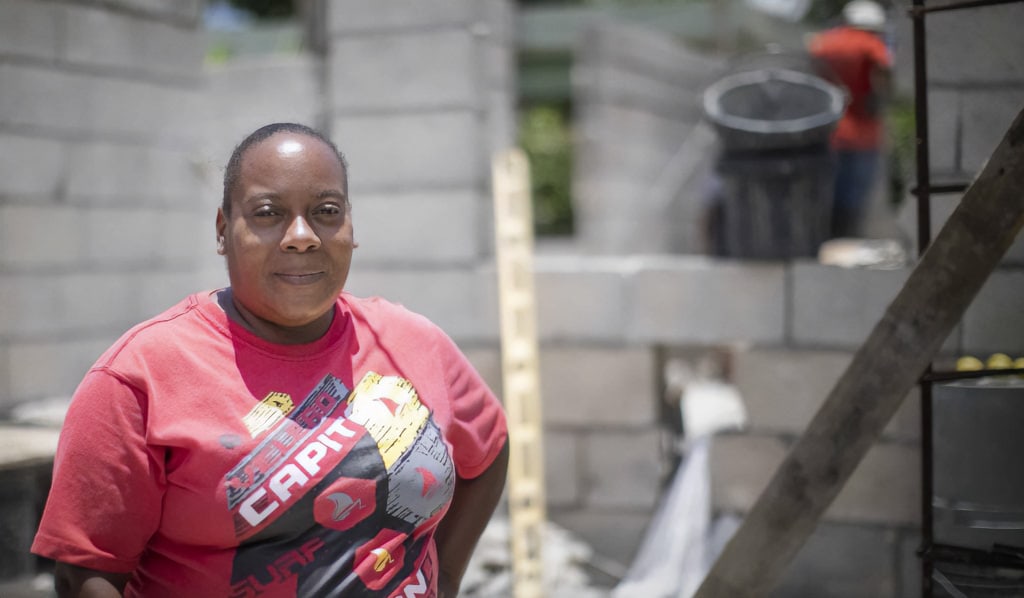
“The winds started in the evening.”
Glorimar recalls the horrors of Hurricane Maria like it was yesterday. The powerful storm all but destroyed her community in Puerto Rico—the place she’d called home her entire life.
“The sound of the wind across the roofing sheets was horrible. My daughter wanted to stay in the house because it is her home, but I knew it wasn’t safe.”
As the gales raged outside and tore at the tin above their heads, Glorimar knew they had to flee—their lives counted on it. And so they ran, alone, into the storm.
Together with her three children, Glorimar ran across town to her mother’s house — it was cement and more durable than her own house of wood and tin.
Rain stung their faces and debris struck at their legs as they ran in the dark. Finally, the family made it to shelter, soaking wet and cold.
All night the storm raged, but when the wind finally subsided the next morning, Glorimar felt no peace.
“After the hurricane, I didn’t want to go home,” Glorimar said. “I sent my 14-year-old daughter instead. When she came back crying, I knew the house was gone.”
When Glorimar finally summoned the courage to return, she was devastated.
“The saddest thing was to come back and see the house,” she said, tears streaming down her face. “I’m not sure I can explain it. The feelings are so strong. It was just so awful.”
Everything they owned was gone, turned to nothing by the storm. Filled with grief, Glorimar couldn’t help but feel alone.
Emergencies don’t just destroy homes and devastate resources. Even the strongest individuals and the most resilient communities can experience loneliness and vulnerability like Glorimar felt after her family lost everything to Hurricane Maria. This is why ADRA’s emergency response teams around the world don’t just provide short-term necessities including food, water, and shelter, but also deliver comfort and hope through long-term support and rebuilding, as well as psychosocial support in some crisis contexts.